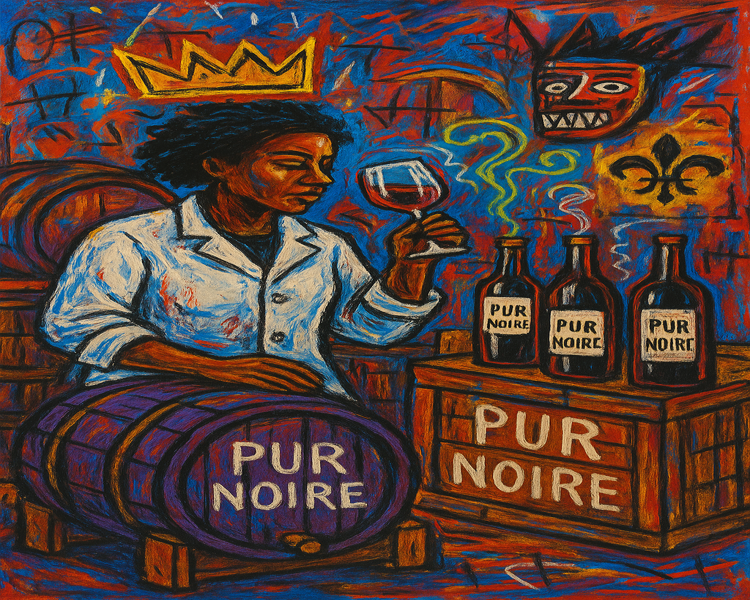Why All Wine Doesn’t Cause Headaches
How many times have you heard someone say, “I don’t drink wine because it always gives me headaches”? Unfortunately, due to their personal experiences, they probably think that all wine gives them headaches but typically, that couldn’t be further from the truth. First, not all wines are made equally. Second, every wine has chemicals that impact each person differently. Finally, what you do before and while you drink can increase of decrease the possibility of a headache.
Sweeter and Highly Adulterated Wines
Generally speaking, higher quality wines are less likely to cause headaches than lower quality wines. Wines that are highly adulterated with high levels of residual sugar can cause headaches by contributing to swift hormonal changes. These swings in your hormone levels can impact the blood vessels in your brain and cause a headache.
If you often get headaches when you drink wine, but you typically drink lower quality, really sweet wine, try a 2-ounce portion of a dryer wine and wait 30 minutes. If you do not get a headache, perhaps you should try transitioning to dryer and higher quality wines. Please do not confuse this to mean that all sweet wine is inferior in quality. Some of the best wines are fortified wines with high sugar levels such as Port which is made in Portugal. However, most overly sweet, grocery store wines are not of the same caliber and quality and can increase your chances of a headache.
Every Wine Impacts Every Person Differently
When you get right down to it, all wine is comprised of various chemical components. These components impact everything including the color, flavor, texture, and structure of wine. Any of these chemical components, natural or otherwise, can impact an individual with a sensitivity to that particular component. For example, red wine contains tannins. Tannins come from the skins and seeds of the grapes. It is a naturally occurring chemical that causes the body to release the neurotransmitter serotonin and serotonin in high levels can causes headaches. When tannic wines are consumed, some people’s bodies release more serotonin than others. This can lead some people to get headaches more frequently than others.
Another chemical in red wine thought to caused headaches is histamine. Like tannins, histamine is a component found in the skin and seeds of wine grapes. Since red wines are typically made by fermenting the grape juice with the skin and seeds, red wines are typically higher in histamine levels. Consequently, red wine is more likely to cause headaches for people that are sensitive to histamines.
If you get headaches when you drink wine, but you typically drink red wine, try 2-ounce glass of white wine or rose. Typically, if you are going to get a headache, it will typically occur within 15 mins of you drinking the wine. So, if you wait that long and do not get a headache, you are in the clear. Also, you may have a sensitivity to tannic wines or histamines so you may want to stick to whites, roses, and lighter reds.
What You Do Matters
Often people attribute their headaches to wine when wine is not the culprit at all. There are few ways to get a headache faster than drinking wine or any alcohol while dehydrated. This is why before consuming wine you should make sure you’ve had a sufficient amount of water. Its also a good idea to drink a glass of water for each glass of wine you consume. Also, do not drink wine on an empty stomach. Otherwise, that headache that you attribute to alcohol could be a plain old hunger headache.
In short, if you like wine or are interested in wine, do not avoid it because of headaches. Try different types to see what if anything you are sensitive to. Lastly, make sure you have eaten and that you’re properly hydrated to avoid letting wine take the fall for somethings its not responsible for.

